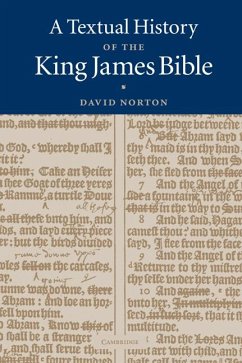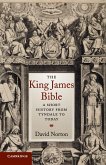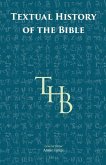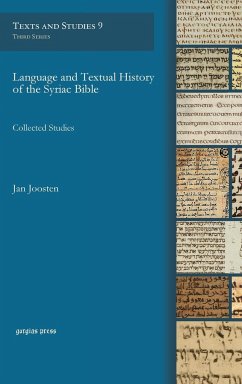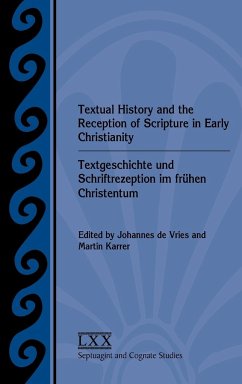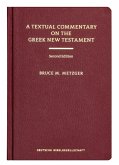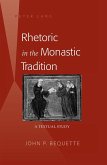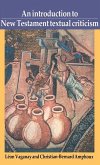David Norton re-edited the King James Bible for Cambridge, and this 2005 book arose from his intensive work on that project. Here he shows how the text of the most important Bible in the English language was made, and how, for better and for worse, it changed in the hands of printers and editors until, in 1769, it became the text we know today. Using evidence as diverse as the manuscript work of the original translators, and the results of extensive computer collation of electronically held texts, Norton has produced a scholarly edition of the King James Bible for the new century that will restore the authority of the 1611 translation. This book describes this fascinating background, explains Norton's editorial principles and provides substantial lists and tables of variant readings. It will be indispensable to scholars of the English Bible, literature, and publishing history.
Hinweis: Dieser Artikel kann nur an eine deutsche Lieferadresse ausgeliefert werden.
Hinweis: Dieser Artikel kann nur an eine deutsche Lieferadresse ausgeliefert werden.

